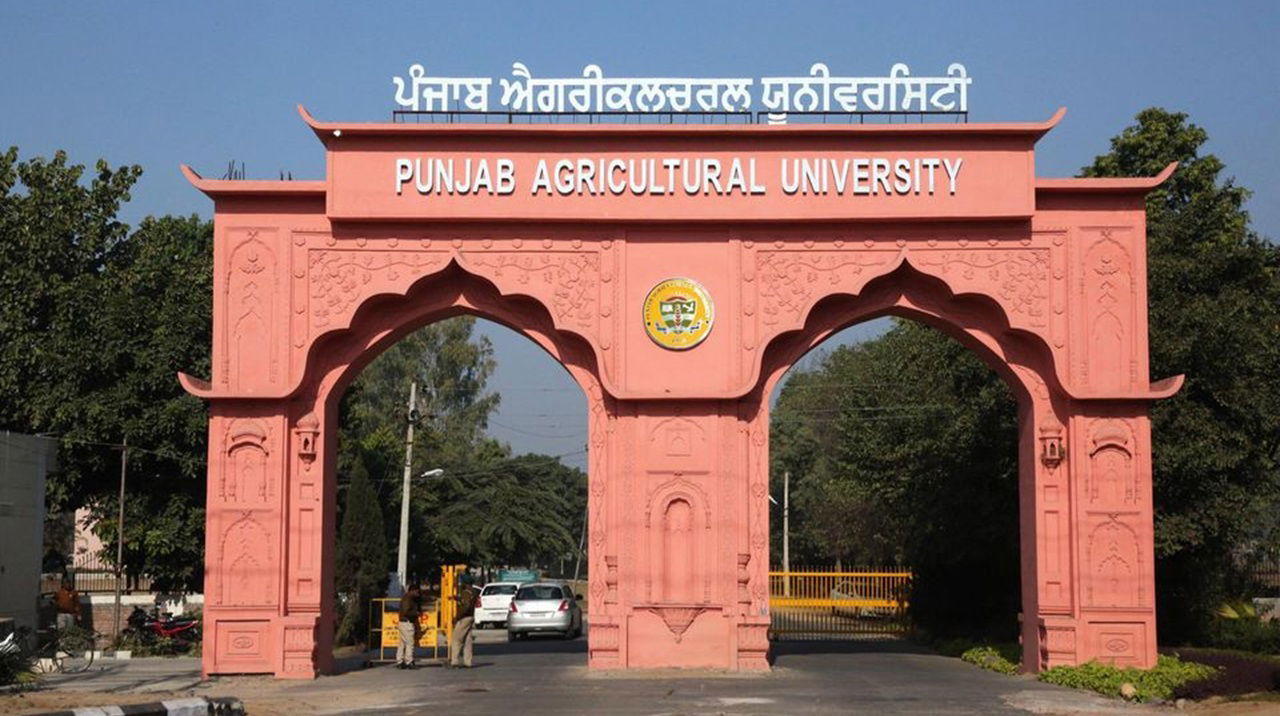
Punjab Agricultural University (PAU), Ludhiana once again demonstrated its leadership in agricultural education and research by securing the top position among the 75 agricultural universities in India in the National Institutional Ranking Framework (NIRF) 2024. This marks the second year in a row that PAU has secured this prestigious recognition. In the broader category of agricultural institutions, which includes agriculture and allied sectors, PAU holds the third rank, following the Indian Agricultural Research Institute (IARI), New Delhi, and the National Dairy Research Institute, Karnal.
During a press conference celebrating this achievement, PAU Vice-Chancellor Dr. Satbir Singh Gosal reflected on the university's rich legacy and its ongoing commitment to excellence. Established in 1962, PAU has earned its reputation as the "Mother of the Green Revolution" in India, playing a crucial role in the country's agricultural advancements. The university has also served as the parent institution for six other universities, including one in Ludhiana, three in Himachal Pradesh, and two in Haryana.
Dr. Gosal expressed immense pride in PAU's consistent performance in the NIRF rankings, highlighting that this recognition underscores the university's dedication to high standards in agricultural education, research, and extension. He attributed the university's success to its excellence across various parameters, including Teaching, Learning, and Resources (TLR), Research and Professional Practice (RP), Graduation Outcome (GO), Outreach and Inclusivity (OI), and Perception (PR). The 2024 NIRF rankings were highly competitive, with participation from 6,517 institutions and a total of 10,845 applications.
Highlighting PAU's unique and specialized focus on agriculture, research, and extension, Dr. Gosal noted the university's non-comparability with traditional and science universities and institutes. He extended heartfelt congratulations to the PAU faculty, staff, students, and alumni, acknowledging their collective efforts in maintaining the university's top ranking.
Looking ahead, Dr. Gosal outlined PAU's ambitious vision, which includes the establishment of a Digital Technology Park for Smart Farming. This park will feature cutting-edge technologies such as sensor-based automated irrigation, drone applications in agriculture, and machine learning-based decision support systems. Additionally, PAU plans to launch a School of AI in Agriculture and focus on research to develop climate-resilient, heat-tolerant, and disease-resistant crop varieties, with a particular emphasis on addressing challenges like climate change and water scarcity.
Dr. Gosal also emphasized PAU's commitment to reducing post-harvest losses in horticultural produce through processing, value addition, and marketing strategies. The university's Skill Development Centre (SDC) continues to nurture entrepreneurs, with over 80 agri start-ups launched by SDC-trained individuals.










